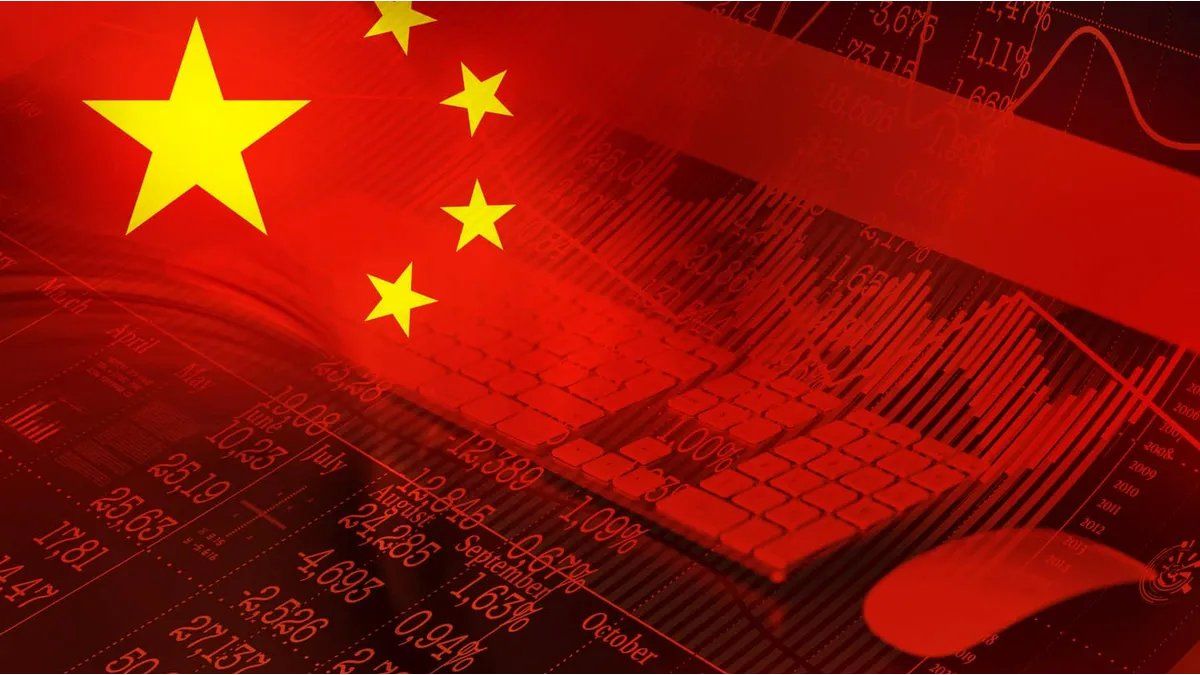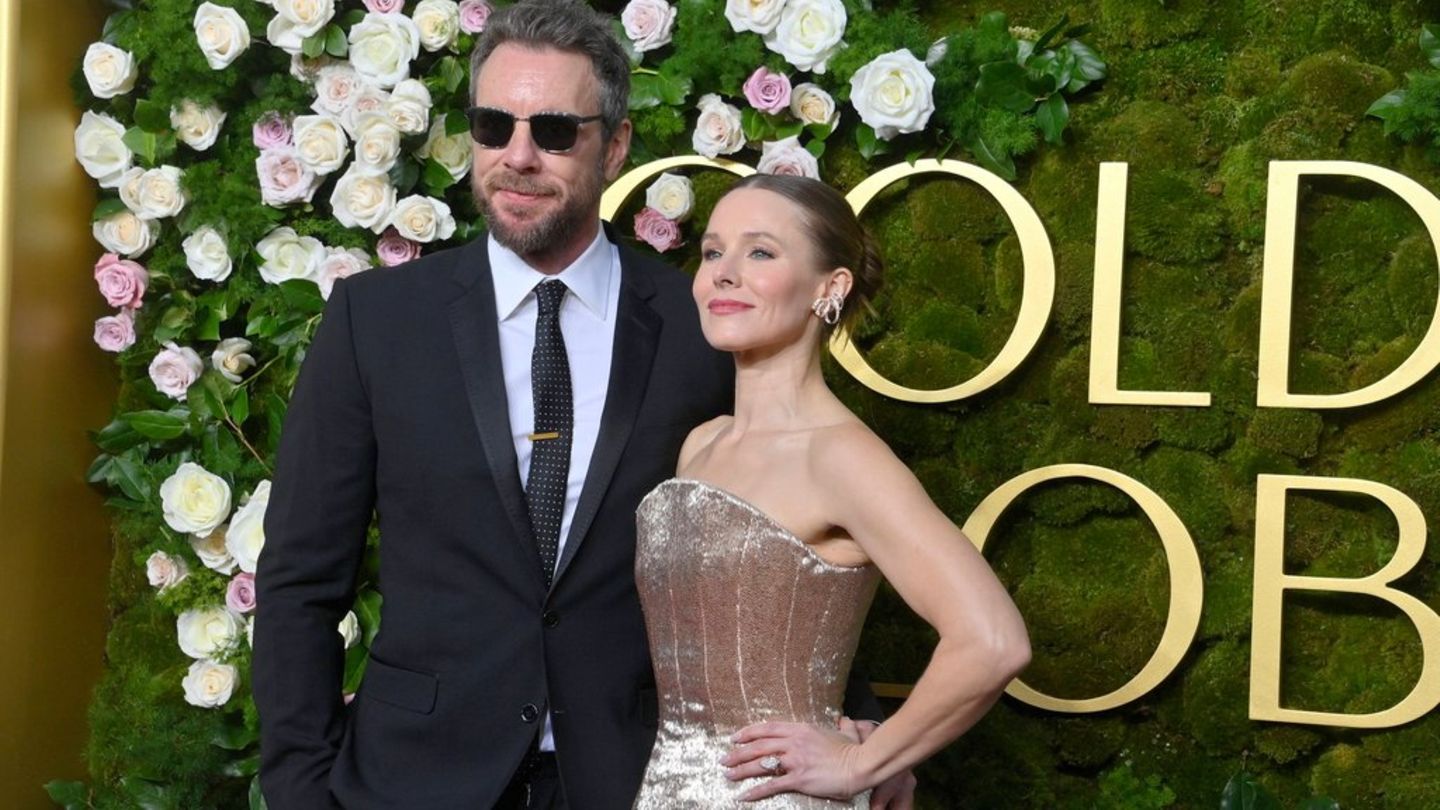inflation in China remained stable in May, with a slight increase of 0.1% year-on-year compared to the April dataaccording to data published by the National Statistics Office this Friday June 9th.
However, despite the uprising of restrictive measures related to the pandemicthe second largest economy in the world still facing difficulties to recover due to weak demand and declining of exports.
The situation increased the demands for the Government of Xi Jiping implement more iseconomic mules and reduce interest rateswhich already remain at low levels compared to other major economies.
On the other hand, the producer price index, that reflects inflation in the industrial sectorexperienced a significant drop of 4.6%, marking its eighth consecutive decline and the lowest record since 2016. This decline suggests deflationary pressure on the Chinese economywhich poses additional challenges to its recovery.
Is China heading towards deflation?
After the data that was known this Friday, it should be remembered that China reported a variation in inflation of 0.1% for April, being the lowest in two years since the pandemic. This may come as a surprise, as economists expected consumer prices to rise.n 0.4% compared to the previous year and remained unchanged compared to March.
During that month it was reduced to 0.7% after marking a recent peak of 2.8% in September as he points out CNBC. Meanwhile, the Producer Price Index in China fell by 3.6%.
China’s economy shows a stark contrast to the latest inflation data in the United Stateswhere consumer prices increased by 4.9% in April, following the efforts of the Federal Reserve (FED) to control inflation through 10 consecutive increments in interest rates.
According to Helen Qiao, China economist at Bank of America, “the Inflation in China has moderated considerably after its reopeningwhich has led market watchers to question whether the world’s second-largest economy is headed for deflation.” Qiao also noted that the People’s Bank of China has played a prominent role in controlling inflationwhen other central banks find it difficult to control it.
In addition, Qiao noted that China managed to maintain the inflation rate of the consumer price index at an average of 1.8%near the lowest average reading in the past three years since 2003.
On the other hand, economists at Standard Chartered expressed their expectation that core inflation in China will rise above 2% year-on-year by the end of 2023, thanks to the continued economic recovery. Howeveror, they indicated that this figure is lower than what was initially expected due to the global economic slowdown.
Source: Ambito




